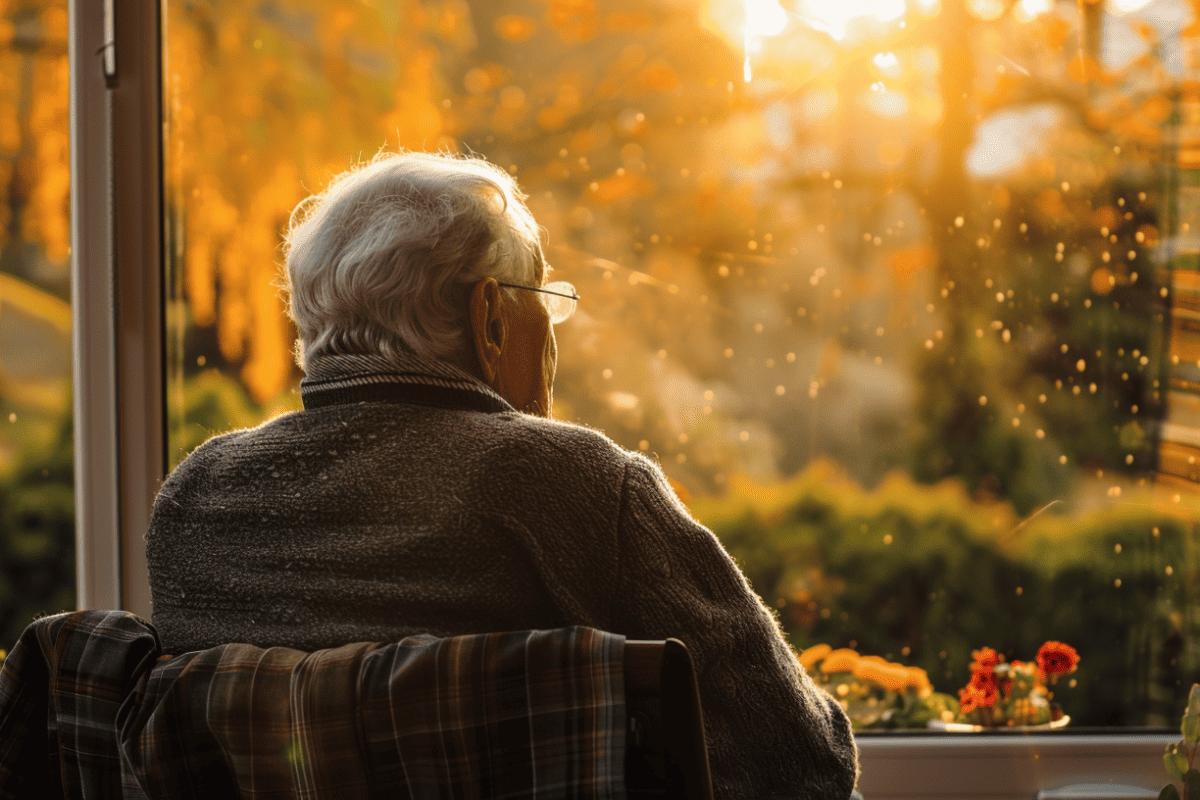In this COVID-19 Pandemic, most activities occurred at home. Either working or studying, it all can be done from home. These new activities, to most people out there, are seen as exhausting. Why? The reason is because it is very hard to divide our focus between working and house work. In social media, there are many perks that are shared to their followers that by working from home, the working time feels far longer. Meanwhile, for the medical team, these kinds of situations are really wasting all of their time and energy for those who have to be on standby at all times to take care of the Corona Virus patients. Their time for relaxing and taking a rest is decreasing. They all need a good sleep, in a nice mattress, with bed linen sheets, with their loved ones.
How Can We Sleep Better?
A good quality sleep is what people usually call deep sleep. Deep Sleep is a stage of sleep in which you will feel refreshed every time you wake up in the morning. With a deep sleep, the Glucose metabolism in our body, our brain will amazingly increase as long as we are in the deep sleep state. This is what we call a short term as well as long term memory. Other than that, a deep sleep also makes the recovery of sel far increasing, the blood supply to muscle increasing, support the growth and the recovery of bone and cell, and make body immunity stronger.
There is a connection between deep sleep and the increase of age. If you are a person under 30 years old, you can sleep well for 2 hours every night. Meanwhile, if you are over 65 years old, you may only get half an hour of good sleep every night. In order for you to sleep soundly, there are several stages. Sleep is divided into 2 categories, they are called REM and Non-REM.
How To Achieve Deep Sleep
For getting a deep sleep, you have to begin your night sleep with non-REM sleep followed by brief periods of REM sleep. The cycle continues throughout the night every 90 minutes. Deep sleep occurs in the later stages of non-REM sleep.
For the Non-REM sleep occurs in stages 1-2. The first stage of non-REM sleep lasts a few minutes as you go from still waking up to sleeping. During stage 1, your body functions such as heart rate, breathing, and eye movements start to slow down as it happens. Your muscles relax with only the occasional twitch. Your brain waves begin to slow down from being conscious
After that, your body systems continue to slow down and relax. Your main body temperature drops, your eye movements will stop and your brain waves are slow, but you have a few short bursts of activity. During stages 3 and 4 you will enter the deep sleep
Your heart rate and breathing are slowest when your muscles relax. Your brain waves are at the slowest rate when in this deep sleep. In this state, it will be difficult to wake up, even with loud noises. It lasts 45 to 90 minutes.
Stage 5 or REM sleep occurs about 90 minutes after going through the non-REM stage. During this stage, your eyes will move rapidly from side to side. You will be dreaming as your brain activity increases to a more awake state. Your heart rate will increase as you approach the wake up state. Your breathing becomes more rapid and even irregular. In conclusion, your body metabolism will work better, whenever you achieve deep sleep. Your brain will get enough rest, so that your mind and mental performance can be the best at day.
The Preparations to Sleep
How to get a good night’s sleep? Other than deep sleep, preparation is also important. First of all, of course the mattress. The mattress has to be the best mattress that you have; fluffy and very comfortable. A bed linen sheet is good as it can absorb moisture, bug repellent and hypoallergenic. Second, is the temperature.Heat can cause slow wave sleep. For example, taking a hot bath or spending time in the sauna before bed can help improve the quality of your sleep. Audacia can help improve the quality of your sleep.
Third, your diet before sleep. Eating a low-carb diet or taking certain antidepressants can also induce restful sleep, although more research is needed in this area. Drink water and avoid caffeine before bed. Caffeine, alcohol, and nicotine can make it difficult for you to get a good night’s rest.
Fourth, exercise often also can improve sleep. Exercising for 20 to 30 minutes every day is a good start, but avoid exercising in the hours before bed. Fifth, create a bedtime routine to start from the day, like reading a book or taking a shower and turning on an aromatherapy candle. Sixth, turn off bright lights and loud noises from your room. Too much time watching TV or the computer may make it difficult for you to relax your muscles, brain and eyes. Seventh, Consider changing your pillow if you’ve had it for more than a year and find it uncomfortable.
And last, create a sleep schedule, so that you go to bed and wake up at the same time each day. Adults are advised to have a good sleep for 7-9 hours a day. So, if you have the time to sleep well, do it! It is for your own peace and health!
This is a sponsored post
Leave your vote
This post was created with our nice and easy submission form. Create your post!
Digital Health Buzz!
Digital Health Buzz! aims to be the destination of choice when it comes to what’s happening in the digital health world. We are not about news and views, but informative articles and thoughts to apply in your business.


